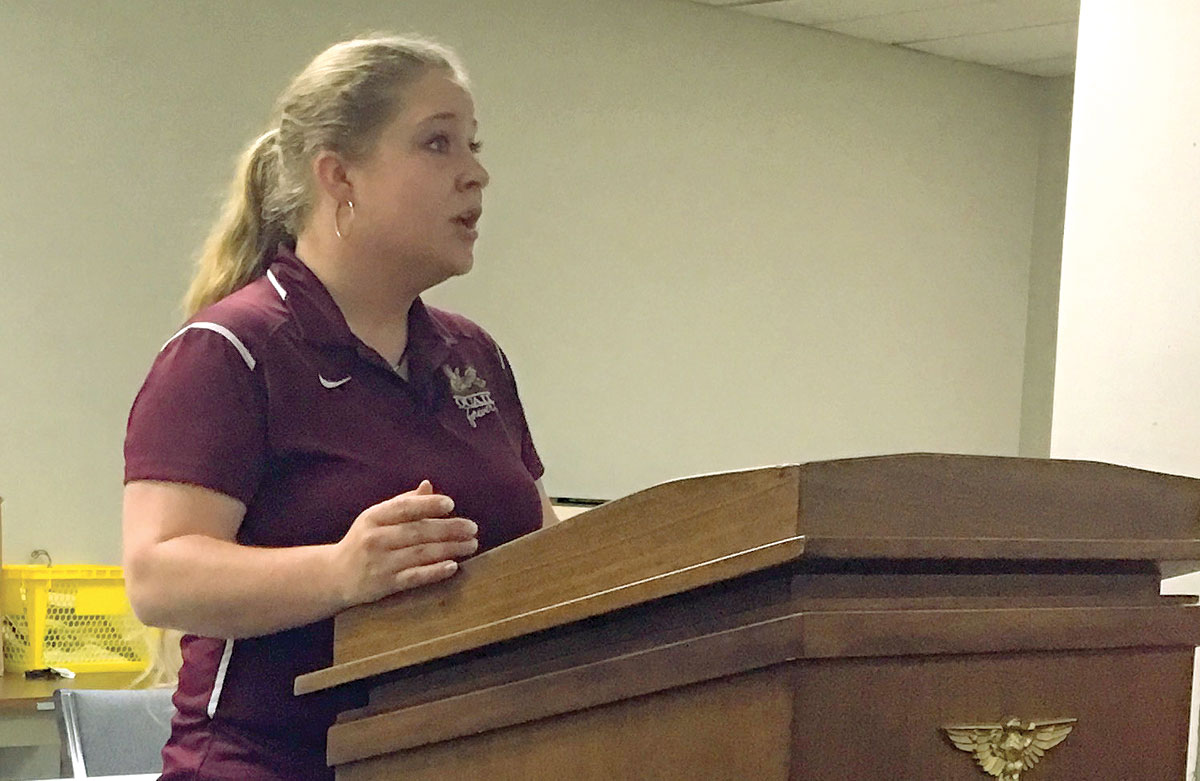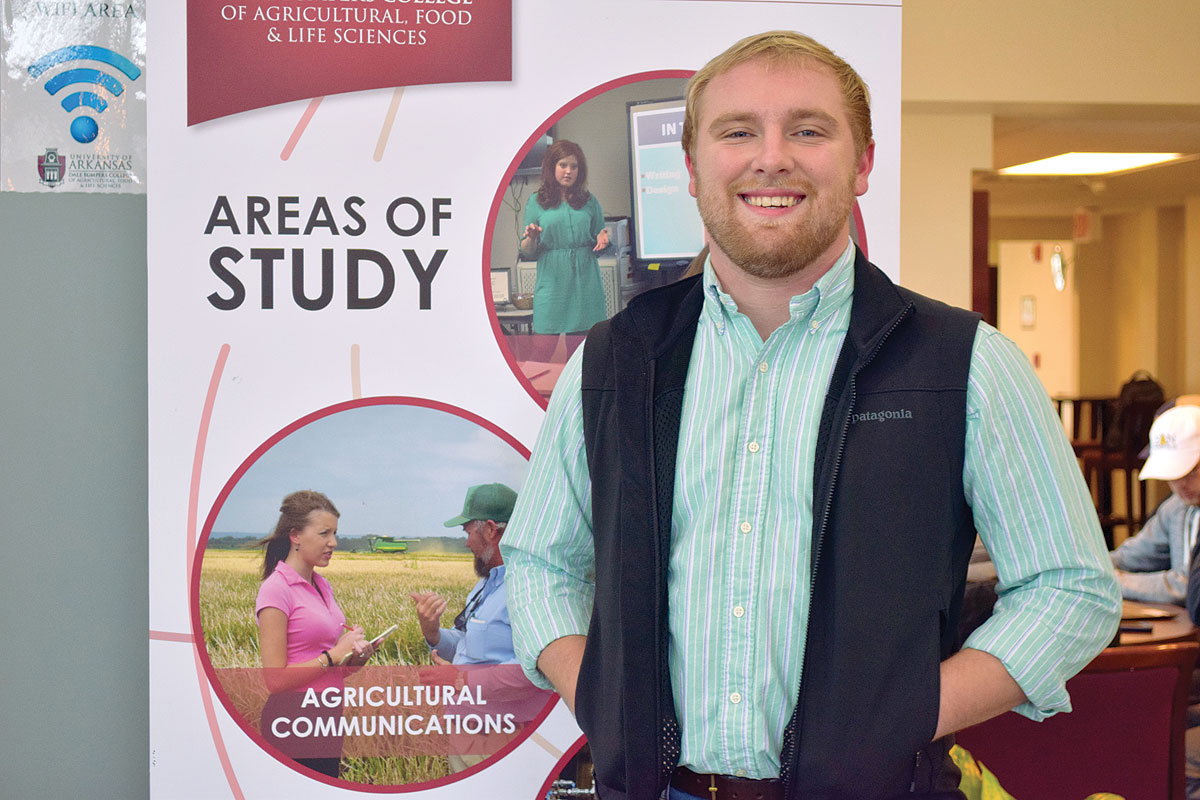
Jessica Cox works to help farmers and landowners take advantage of various programs
For Jessica Cox, being a conservationist is not just a goal, it is a way of life. Since third grade, the Fort Smith, Ark., native knew she wanted to be a conservationist, thanks mainly to the entire family being involved in hunting and the outdoors. Jessica’s grandfather was an analytical chemist, so she was exposed to science at a very young age. Wanting to work in conservation seemed like the natural choice for Jessica. This love of science and the outdoors has been the foundation for Jessica’s profession.
After graduating Booneville (Ark.) High School in 2010, Jessica worked part-time and began her education at the University of Arkansas Fort Smith. The first big break for Jessica came in 2014 while working as a farmhand on a farm in Cedarville, Ark. Jessica was hired as a part-time soil technician at the Sabastian County Soil Conservation District. Upon graduating University of Arkansas at Fort Smith in 2016, that position became permanent, along with the position of conservation planner with the Fort Smith office of the Natural Resource Conservation Service. At the end of 2017, Jessica accepted the position as Farm Bill biologist with Quail Forever organization.
“I loved working NRCS,” Jessica said. “But the Quail Forever position is really the next level for me. It folds my education and love for the outdoors into one package. Now I get to interact with several agencies, as well as farmers and landowners.
Quail Forever was established in 2005 as a branch of Pheasants Forever. The mission of the organizations is to create habitat on the ground for these species. The practices implemented by these organizations benefit not only quail and pheasant, but deer, turkey and other song birds. Habitat is key to the maintaining of all wildlife species. Habitat includes the place where wildlife lives, the food they eat, the water they drink, and the social interactions (breeding and raising their young). Building quality habitat is the first step in conservation.
Jessica duties as Farm Bill biologist include providing technical assistance for landowners interested in restoring and managing their land, as well as assisting them in signing up for federal and state programs that provide cost share programs.
While most of the programs are not specific to restoring or managing quail habitat, the core of the programs, conservation, provide the ideal motivation to take advantage of the programs. NRCS programs include Environmental Quality Incentive Program (Eqip) and the Conservation Stewardship Program. (CSP). Farmers and landowners can also participate in the Farm Service Agency’s Conservation Reserve Program (CRP). The Arkansas Game and Fish Commission also provides oversight, equipment, and monetary incentives for the restoration of wildlife habitat through the Acres for Wildlife (AFW) programs.
“There are any number of programs available for landowners,” Jessica explained. “Some of them like the Acres for wildlife are not as well known. A large part of my job is to educate folks about those programs.”
Quail Forever operates within a unique contract with NRCS, which allows Jessica to draw on her experience with the agency, and work closely in providing technical assistance through Quail Forever.
The technical assistance provided may range from a phone call answering questions to a site visit to a landowner’s property. No two properties are alike, so it is critical for Jessica to assist the landowner in making informed decisions about what is best for wildlife, the property, and the landowner’ wallet. Education and outreach are also important elements of Jessica’s job. Organizing landowner workshops across her five-county area have proven to be effective tools in that regard. Representatives from the respective federal and state agencies are usually present to make presentations about their agency’s program and answer any questions the landowners may have.
The goal for Jessica as a biologist is not only about what she can accomplish in the present, it is more about establishing habitat for the future.
“Seeing good quality habitat gives me hope for the future,” said Jessica. “The conservation of these species is critical for not only our generation, but for future generations.”






